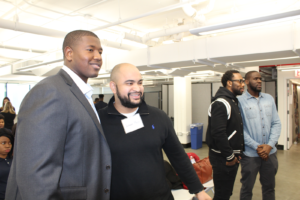How teacher pay should work
Kim Marshall’s December 16 EdWeek commentary attempts to “demolish the argument for individual merit pay.” He makes good points that suggest that individual bonuses based solely on value-added test scores are not a good idea. He suggests, instead, team-based bonuses and more pay for master teachers.
There’s an alternative in between that most big organizations and it works like this:
- In collaboration with peers and a manager, a Personal Performance Plan, sets out objectives for the year. For a teacher these objectives may include several objective assessments, but would also include team contributions, and a personal growth plan.
- A pool for merit increases is set based on the financial health of the organization and cost of living (let’s assume an annual target of 2.5%)
- Quarterly conversations about performance are summarized in a year end document.
- Merit increases would range from 0% for teachers that accomplished few objectives and 5% for teachers that exceeded expectations.
As Mr. Marshall suggested, you could add a small team-based bonus to this plan. It would also be productive to add a career ladder concept with a couple big steps for added responsibility that could accelerate progress from a starting salary of $40k to more than $80k for a master teacher. With more attractive starting salaries and an opportunity for top performing teachers to relatively quickly (i.e., 5-6 years) double their salary and expand their contribution, we’d see more top college grads considering teaching.
Finally, schools should be able to differentiate pay based on specialty and market conditions.
A career ladder model with the ability to recognize differences in performance would accomplish Secretary Duncan’s objective of paying top performing teachers more while avoiding the problems that Mr. Marshall identified with a test score driven bonus system.






0 Comments
Leave a Comment
Your email address will not be published. All fields are required.